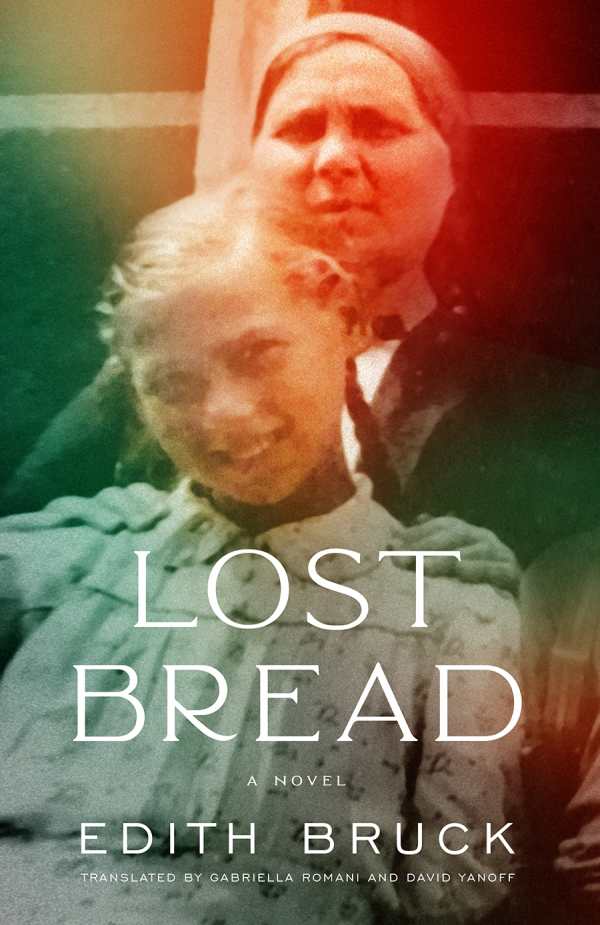Lost Bread
Based in truth, Edith Bruck’s historical novel Lost Bread zeroes in on the psychological and physical trauma that complicated post-war reentry for those who survived the Holocaust.
Drawing on Bruck’s own experiences, this brutal but hopeful story begins as Ditke, her parents, and her two siblings are taken to the first of several concentration camps. Ditke is twelve. She witnesses horrors including rape, starvation, forced labor, and repeated assaults; the novel is deep and detailed in capturing World War II-era barbarism. When the war ends, the former prisoners experience new difficulties.
By war’s end, Ditke has lost both parents and a brother; she is weak and confused about her place and purpose in the world. Nonetheless, she credits her survival to luck—and to her sister Judit, with whom she was imprisoned. Both make their way to safety, wondering whom they can trust. They work to track down their two sisters and their brother. Still, tensions arise, and it is apparent that they cannot reconstitute their pre-war closeness.
Judit determines that the only secure place is the newly formed state of Israel; she goes there alone. Ditke later joins her, but she is turned off by the country’s militarism. She also bristles at the treatment of the Palestinian population, who’ve lived on the land for centuries. When called up to join the army in defense of the Jewish nation, she refuses, joins a dance troupe, and begins touring, with stints in Turkey, Switzerland, and Italy, later coming to the decision to make Italy her home. The short novel follows her as she moves toward her nineties in the twenty-first century, too.
Written by a Holocaust survivor, the historical novel Lost Bread is sobering in its considerations and denunciations of ascendant fascist movements.
Reviewed by
Eleanor Bader
Disclosure: This article is not an endorsement, but a review. The publisher of this book provided free copies of the book to have their book reviewed by a professional reviewer. No fee was paid by the publisher for this review. Foreword Reviews only recommends books that we love. Foreword Magazine, Inc. is disclosing this in accordance with the Federal Trade Commission’s 16 CFR, Part 255.

